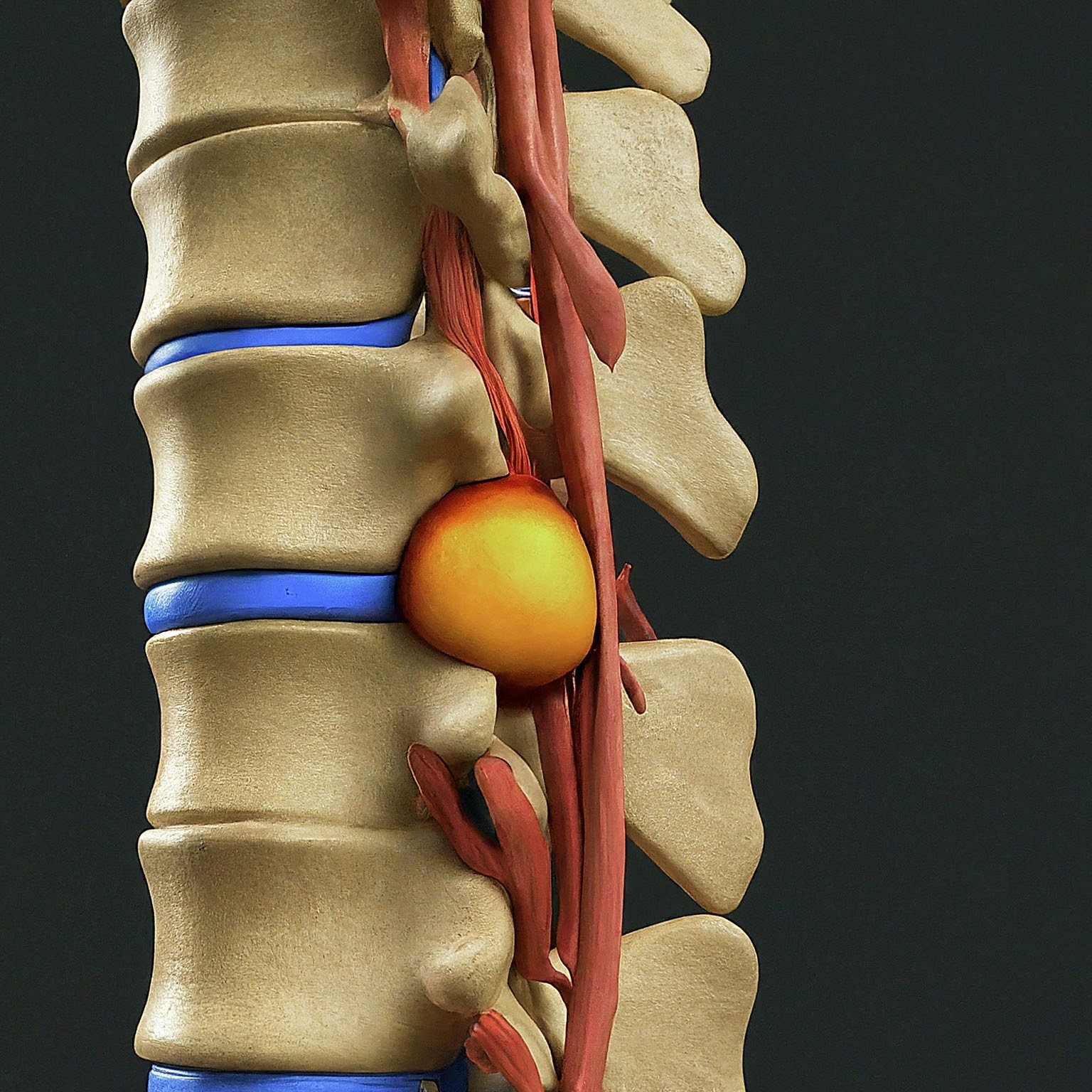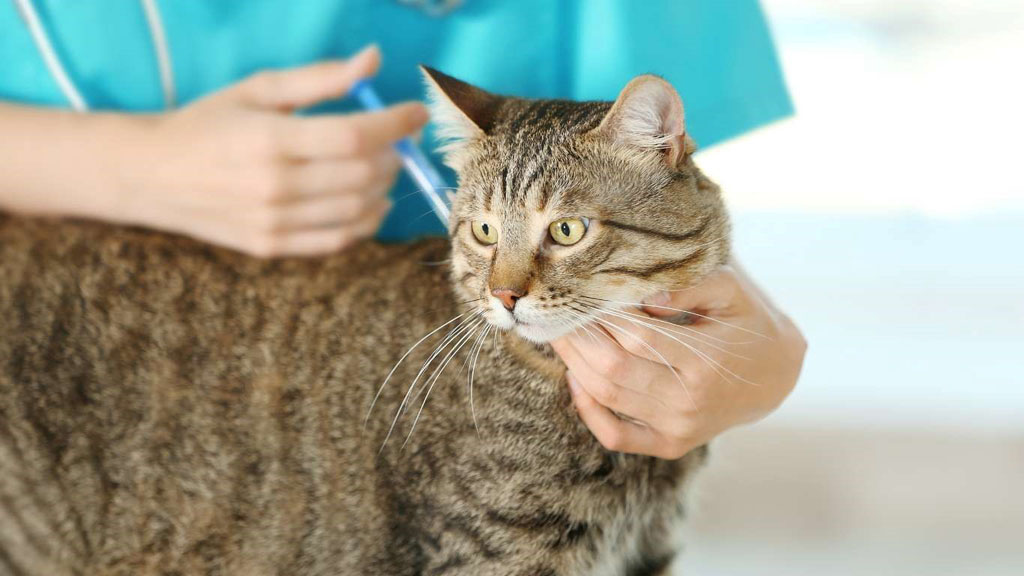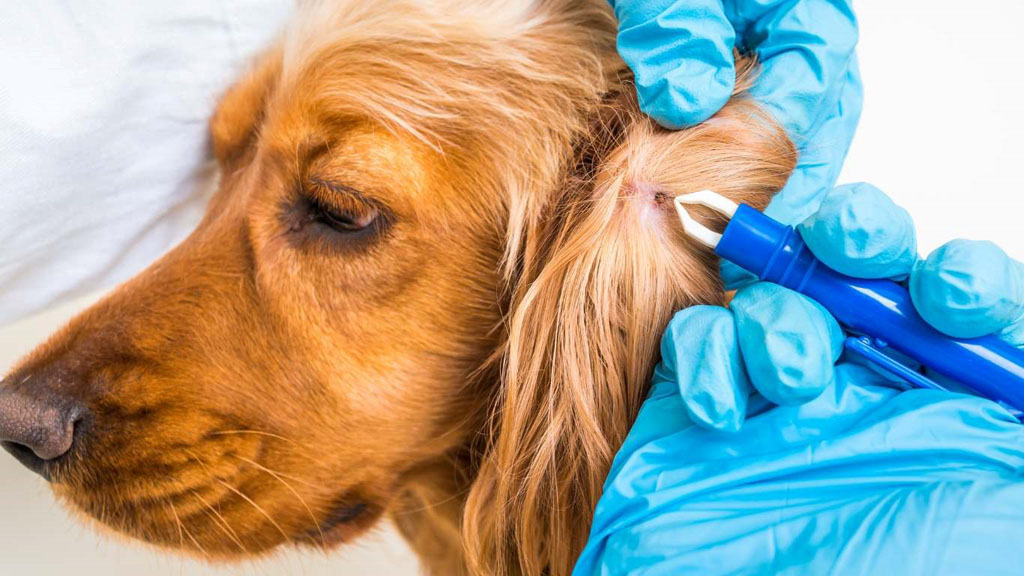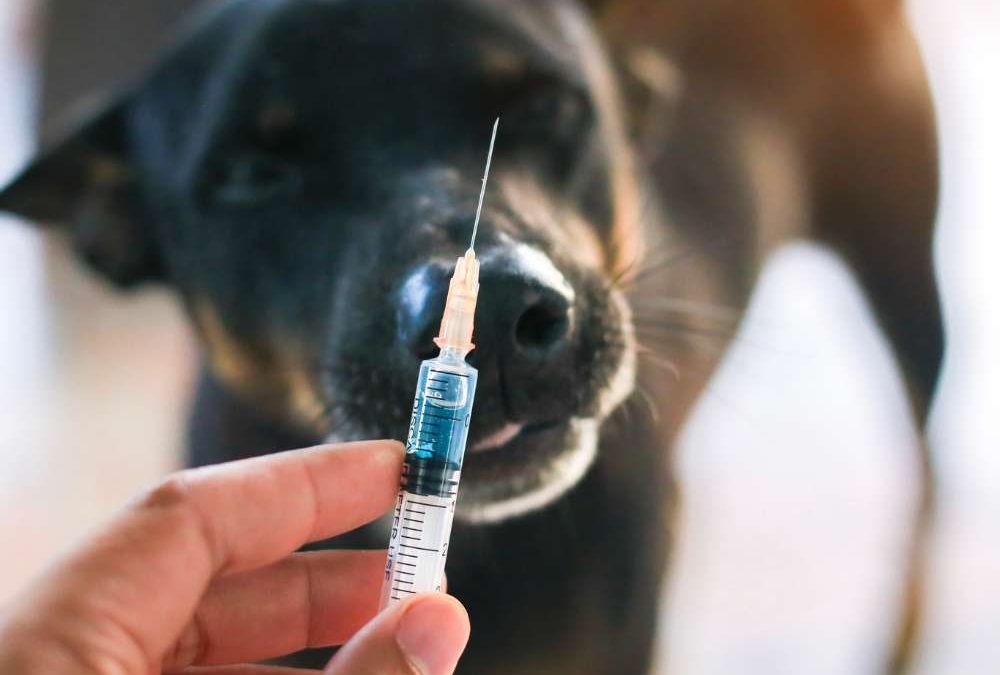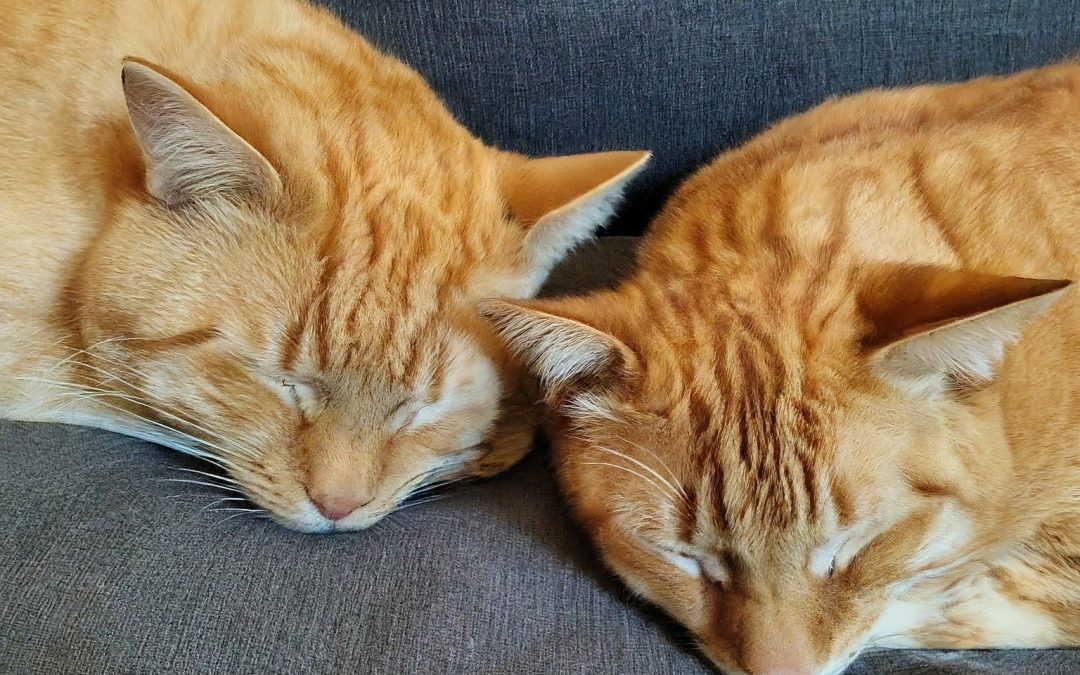
Feline Leukemia (FeLV) vs. Feline Immunodeficiency Virus (FIV): Understanding the Differences
Feline Leukemia (FeLV) vs. Feline Immunodeficiency Virus (FIV): Understanding the Differences
Keeping your feline friend healthy is a top priority. Two viruses that can pose a threat to your cat’s well-being are Feline Leukemia Virus (FeLV) and Feline Immunodeficiency Virus (FIV). While the names sound similar, these viruses have distinct characteristics and require different approaches.
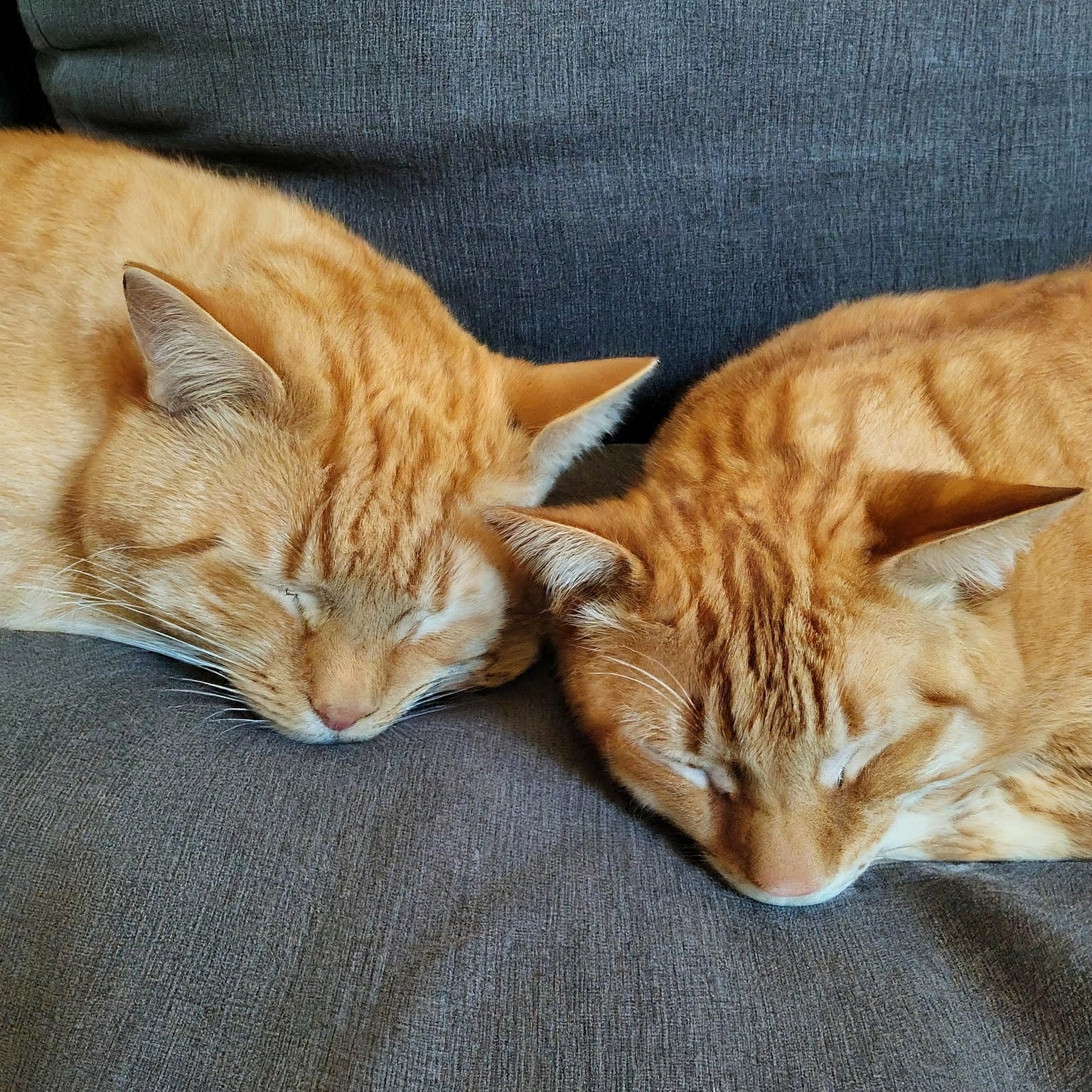
Understanding the Viruses:
Feline Leukemia Virus (FeLV): This retrovirus attacks a cat’s white blood cells, weakening the immune system and making them susceptible to various infections and cancers.
Feline Immunodeficiency Virus (FIV): Also a retrovirus, FIV weakens the immune system over time, but unlike FeLV, it doesn’t directly attack white blood cells.
Clinical Signs:
FeLV:
- Fever
- Weight loss
- Lethargy
- Poor appetite
- Swollen lymph nodes
- Skin problems
- Difficulty breathing
FIV:
- Fever
- Weight loss
- Swollen lymph nodes
- Mouth ulcers
- Upper respiratory infections
- Diarrhea
It’s important to note: These signs can be caused by other feline illnesses.A veterinary diagnosis is crucial.
Causes and Transmission:
FeLV: Spread through close contact with infected cats, mainly through saliva (sharing food bowls, grooming). FeLV can also be transmitted from mother to kittens in the womb or through milk.
FIV: Primarily transmitted through deep bite wounds from infected cats. Cats living outdoors or with multiple cat housemates are at higher risk. FeLV cannot be transmitted to humans or other animals.
Testing and Treatment:
Testing: Blood tests can definitively diagnose both FeLV and FIV. Early detection is crucial, especially for FeLV.
Treatment: Unfortunately, there is no cure for either virus. However, FeLV-positive cats with a strong immune system can live long, healthy lives. Treatment focuses on managing symptoms and preventing secondary infections. FIV-positive cats can benefit from similar supportive care and may require additional treatment for specific infections.
Living with FeLV or FIV:
FeLV: Vaccinations are available for FeLV and is recommended as part of the kitten vaccines. Prevention is key! Limit contact with unknown cats and keep indoor cats away from outdoor cats.
FIV: There is no vaccine for FIV either. Minimizing fighting and providing a healthy, stress-free environment can help FIV-positive cats thrive.
Remember: A positive test for FeLV or FIV doesn’t mean your cat can’t live a happy life. With proper veterinary care and a loving home, many cats with these viruses can live long and fulfilling lives. If you have any concerns about your cat’s health, consult your veterinarian.
Together, we can help our feline friends keep their purrs strong!
Book an APPOINTMENT today!
Please email us at [email protected]
Our experienced team of veterinarians is here to help your pet feel their best.
(Diagnoses and treatment advice will not be given on email of WhatsApp)








